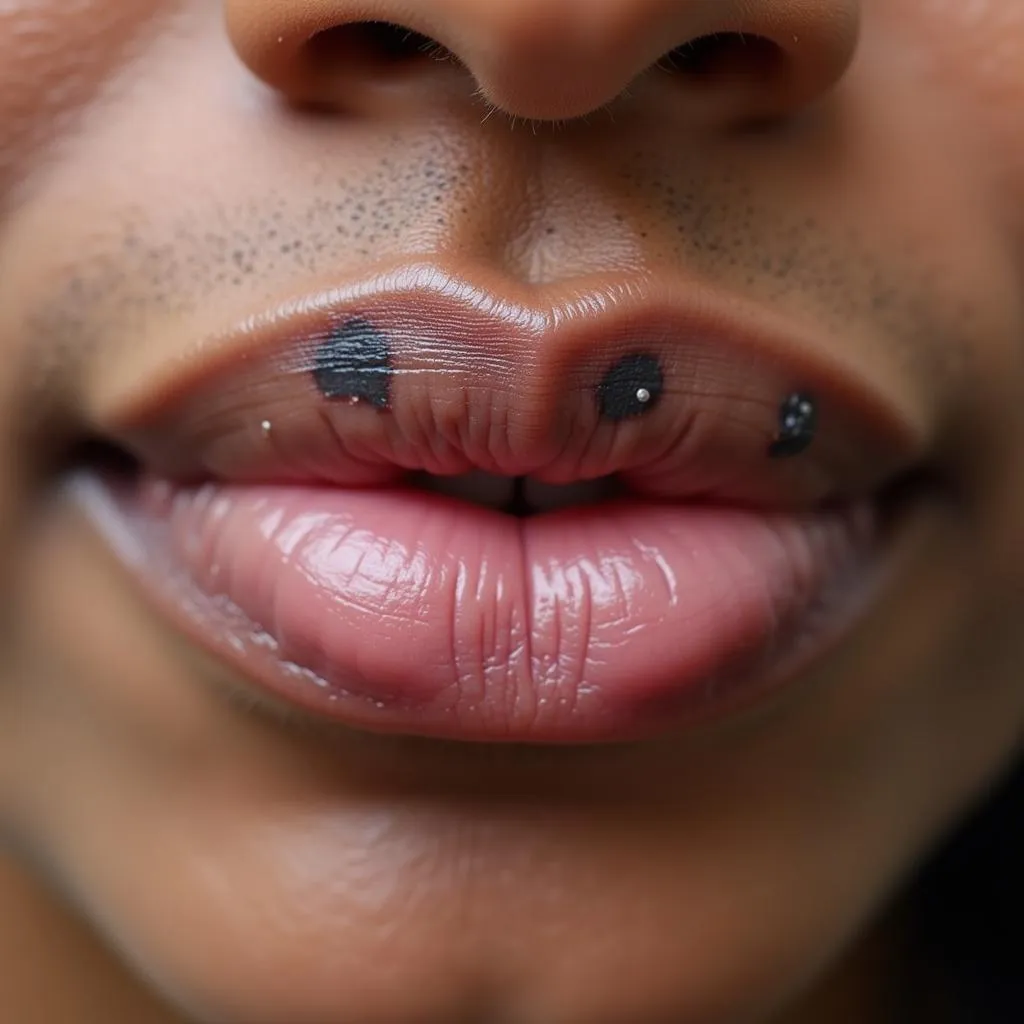African Grey Parrot Food Requirements: A Complete Guide
African Grey parrots are highly intelligent and social birds that can live for 50 years or more with proper care. Providing your African Grey with a healthy and balanced diet is essential for their well-being, longevity, and overall quality of life. In this comprehensive guide, we’ll delve into the food requirements of these amazing creatures, exploring the best foods, feeding practices, and common dietary mistakes to avoid.
What to Feed Your African Grey Parrot
African Grey parrots are omnivores, meaning they eat a variety of plant and animal-based foods. A balanced diet should consist of the following:
1. High-Quality Parrot Pellets
Parrot pellets are a convenient and nutritionally complete base for your African Grey’s diet. Look for a high-quality formula that contains a blend of essential vitamins, minerals, and amino acids. Avoid pellets with artificial colors, flavors, or preservatives.
2. Fresh Fruits and Vegetables
A wide variety of fresh fruits and vegetables should be a staple in your African Grey’s diet. Choose a colorful selection, including:
- Fruits: apples, bananas, berries, grapes, mangoes, oranges, papayas, pears, and melons.
- Vegetables: broccoli, carrots, celery, kale, spinach, sweet potatoes, and zucchini.
Note: Always wash fruits and vegetables thoroughly before feeding them to your parrot.
3. Seeds and Nuts
While seeds and nuts are a natural part of an African Grey’s diet, they should be offered in moderation. They are high in fat and calories and can lead to obesity if over-consumed. Offer a variety of seeds like sunflower seeds, safflower seeds, and pumpkin seeds, as well as nuts like almonds, walnuts, and pecans.
4. Protein Sources
African Grey parrots require protein for growth, development, and overall health. Healthy protein sources include:
- Cooked beans: black beans, kidney beans, and pinto beans.
- Cooked lentils: green, brown, and red lentils.
- Lean meats: cooked chicken, turkey, and lean beef.
- Eggs: cooked or scrambled.
Note: Always cook meat thoroughly before feeding it to your parrot.
Feeding Frequency and Quantity
How much food your African Grey needs will depend on factors such as their age, activity level, and overall health. Generally, adult parrots should be fed twice daily, once in the morning and once in the evening.
Here’s a helpful feeding schedule:
- Morning: Offer a mixture of pellets, fresh fruits and vegetables, and a small amount of seeds.
- Evening: Offer a small amount of pellets, a fresh fruit or vegetable, and a protein source.
Note: Remove any uneaten food within an hour to prevent spoilage.
Essential Vitamins and Minerals
A balanced diet should provide your African Grey with all the essential vitamins and minerals they need. However, it’s essential to supplement with vitamin D3 and calcium to ensure optimal bone health.
- Vitamin D3: Promotes calcium absorption and bone growth.
- Calcium: Essential for strong bones, feathers, and eggshells.
Consult your veterinarian to determine the appropriate dosage for your African Grey.
Common Dietary Mistakes to Avoid
1. Overfeeding Seeds and Nuts: A diet rich in seeds and nuts can lead to obesity, liver disease, and other health problems.
2. Feeding Too Much Avocado: Avocado contains persin, a toxin that can be fatal to parrots.
3. Feeding Chocolate, Caffeine, or Alcohol: These substances can be poisonous to parrots.
4. Feeding Processed Foods: Processed foods are high in sugar, salt, and unhealthy fats, which can harm your parrot’s health.
5. Feeding Table Scraps: Table scraps can be contaminated with harmful bacteria or contain ingredients that are toxic to parrots.
Expert Insights
“A diverse and balanced diet is crucial for an African Grey’s well-being,” says Dr. Sarah Evans, a renowned avian veterinarian. “By providing a variety of fresh foods, you can ensure your parrot receives all the essential nutrients they need to thrive.”
“Remember, consistency is key,” adds experienced parrot breeder, David Johnson. “Stick to a regular feeding schedule and offer a consistent variety of foods to prevent boredom and picky eating habits.”
Conclusion
Providing your African Grey parrot with a nutritious diet is essential for their health and happiness. By following these guidelines and offering a variety of fresh, healthy foods, you can ensure your feathered friend enjoys a long and fulfilling life.
FAQ
Q: What is the best type of parrot pellets to feed my African Grey?
A: Look for a high-quality pellet formula that contains a blend of essential vitamins, minerals, and amino acids. Avoid pellets with artificial colors, flavors, or preservatives.
Q: Can I give my African Grey human food?
A: Avoid feeding your parrot human foods, such as table scraps, processed snacks, or sugary treats. These can be unhealthy and potentially toxic.
Q: How can I encourage my African Grey to eat a variety of foods?
A: Offer new foods alongside familiar ones and experiment with different presentation methods. You can also try hand-feeding your parrot new foods to encourage them to try them.
Q: What are some signs of dietary deficiencies in African Grey parrots?
A: Signs of dietary deficiencies can include feather plucking, lethargy, weight loss, and changes in behavior. If you notice any of these symptoms, consult with your veterinarian.
Q: Can African Grey parrots eat avocado?
A: No, avocado is toxic to parrots and should never be fed to them.
Q: How often should I change my African Grey’s water?
A: Change your African Grey’s water daily to ensure it’s fresh and clean.
Q: I’m concerned about my African Grey’s diet. Should I consult with a veterinarian?
A: It’s always a good idea to consult with a veterinarian specializing in avian medicine for personalized advice on your African Grey’s diet. They can help you develop a feeding plan tailored to your bird’s individual needs and health status.


